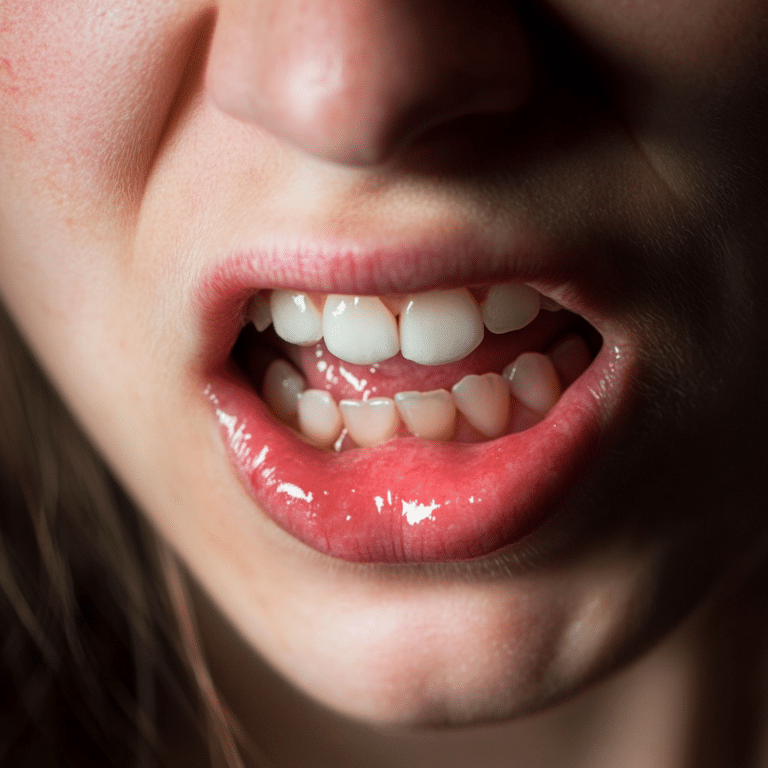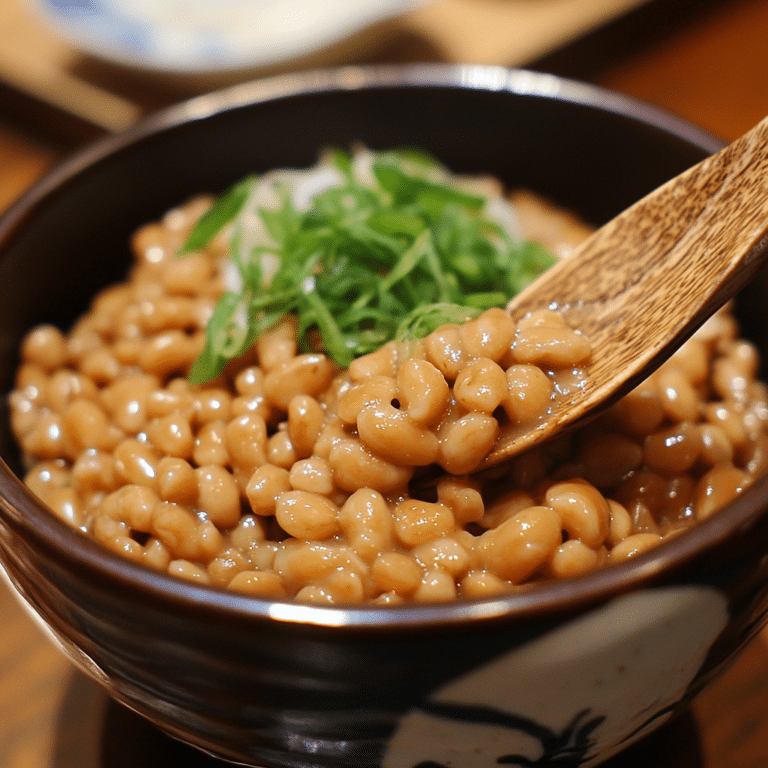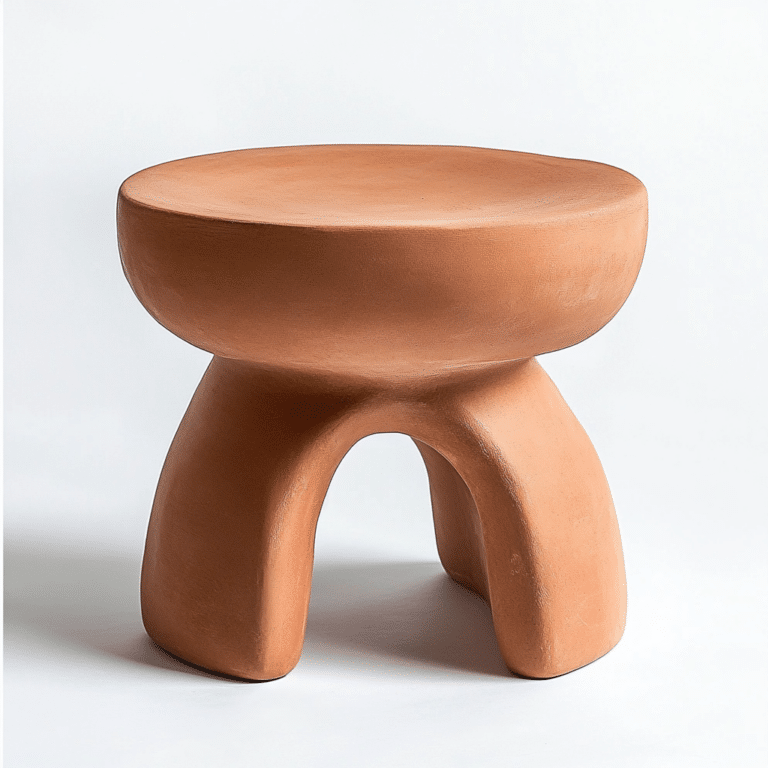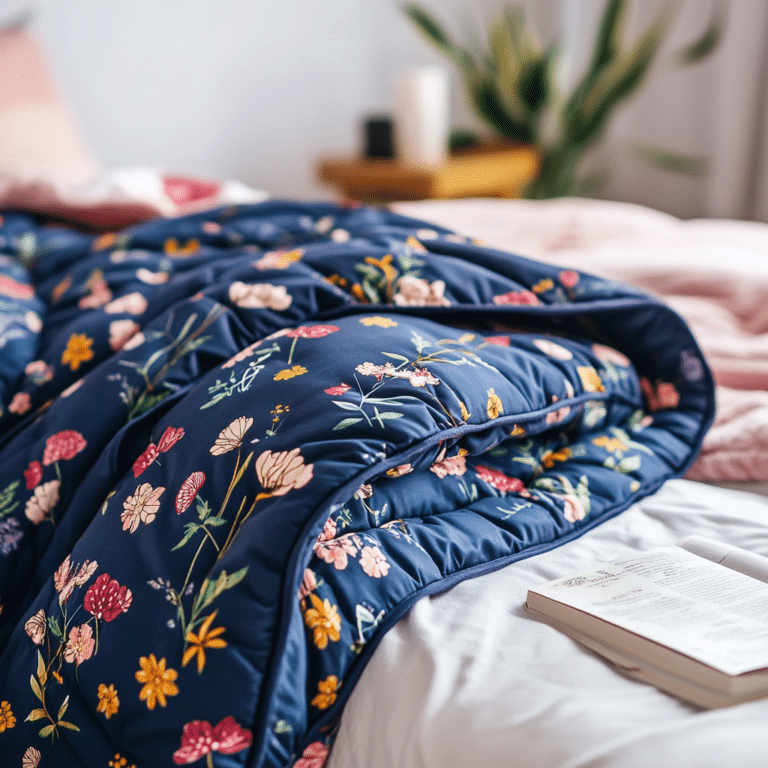Hey there, fitness warriors! Today, we’re diving into a topic that might raise a few eyebrows — nose bleeds. Also known as epistaxis (ep-ih-STAK-sis for those curious about the fancy terminology), these pesky things can catch anyone off guard. Whether you’re slamming weights at the gym or just chilling at home, knowing why your nose might bleed can help you manage and, better yet, prevent these annoying interruptions. We all want to stay in peak physical shape, so let’s break it down!
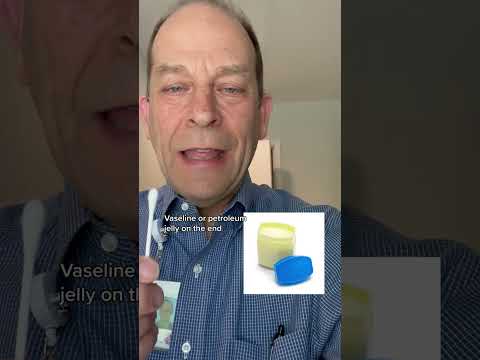
1. Common Causes of Nosebleeds Uncovered
Dry Air
First up, we have dry air. In winter, particularly in heated interiors, the humidity drops, and our nasal passages can dry out like a desert landscape. This dryness leads to fragile blood vessels that can easily break. So when you feel that tickle in your nose, don’t ignore it — it might be your body nudging you to hydrate!
Nasal Injury
Next, let’s talk about trauma. A hard hit to the nose during a basketball game or a careless bump into the edge of a doorway can rupture those minor blood vessels. Just ask the famous soccer player Neymar, who experienced a nasty nasal contusion during a high-stakes match. It’s not just pros who get hit; regular folks can face similar incidents while enjoying a workout or playful moments at home.
Allergies and Infections
Allergies and infections are another duo that can lead to nosebleeds. Conditions like sinusitis or hay fever can inflame your nasal passages, making them red raw, and ripe for bleeding. If you find yourself sneezing or wiping your nose due to a runny situation, it’s wise to keep an eye out for those unexpected nose bleeds.
Picking Your Nose or Overzealous Nose Blowing
You’ve heard it before: keep your fingers out of your nose! Kids, in particular, might not grasp just how delicate their nasal tissues are. Picking the nose or aggressively blowing into a tissue can strip away the protective mucosal layer and leave blood vessels vulnerable. That’s a one-way ticket to a nose bleed!
Medications
If you’re on blood thinners like warfarin, take heed. These medications can ramp up the likelihood of experiencing significant nose bleeds. A guy named Jian, who started anticoagulant therapy for heart health, shared his battle with frequent nose bleeds. His story stands as a reminder to regularly consult healthcare professionals about medication impacts on your health.
Underlying Health Issues
Don’t overlook the potential of underlying health problems. Conditions such as hypertension or clotting disorders increase the risk of recurrent nose bleeds. People with hereditary hemorrhagic telangiectasia (HHT), for instance, may find themselves bleeding more easily. It’s crucial to listen to your body and recognize when it’s time to check in with a healthcare provider.
Environmental Factors
Lastly, consider the environment. Irritants like cigarette smoke, strong perfumes, or chemical vapors can provoke a nose bleed. If you’re pumping iron in a poorly ventilated gym filled with odors, it might be time to reconsider your workout location!

2. Unique Risk Factors: Outliers and Rare Triggers
Toe Fungus Connection
Believe it or not, chronic toe fungus can indirectly lead to nose bleeds. Excessive scratching or picking at the toes may result in hand-to-nose contact, stirring up trouble in your nasal caverns. It’s a bizarre connection; yet, it illustrates how interconnected our bodies can be!
Jammed Finger Concerns
Athletes, take note! A jammed finger from a sports-related incident might make you inadvertently contact your face. This minor trauma could cause unnoticed damage to the nasal area, setting the stage for an unexpected episode.
Air Quality and Seasonal Changes
As the seasons change, so does air quality. When pollen spikes or weather shifts, irritants can wreak havoc on nasal tissues. If your nose starts bleeding more frequently during allergy season, your body might be sending a distress signal to clean up your air quality.
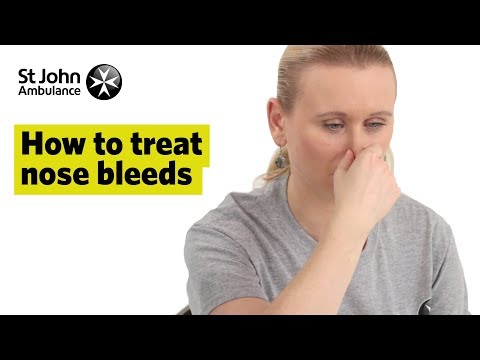
3. Home Remedies and Practical Treatments for Nosebleeds
When you find yourself battling a nose bleed, knowing how to react is crucial. Here’s a quick guide to stop the flow and get back to your workout routine!
First-Aid Response
First things first, lean forward slightly and pinch your nostrils together for about 10 minutes. This pressure helps the blood clot without swallowing any, which can lead to nausea. Trust me; it’s no fun to feel woozy while trying to staunch the flow!
Nasal Moisturizers
Hydration is key in winter. Use saline sprays like Ocean Saline Nasal Spray to keep those nasal passages moist. No one likes the feeling of dry, cracked mucosa.
Ear Drops for Nasal Tissue
Here’s a quirky tip: try Similasan Ear Drops applied outside the nostrils. They can soothe irritations by helping calm sensitive tissues. Just make sure you’re using them properly!
Mouth Tape for Sleep
For those frequently plagued by nose bleeds at night, consider using Somnifix Mouth Tape to encourage nasal breathing. It might feel strange, but limiting mouth breathing can reduce irritation from a dry throat and help keep those nasal passages hydrated.
Hydration
Speaking of hydration, make sure you’re drinking plenty of water. Staying hydrated helps maintain mucosal moisture levels. The better your hydration, the healthier your nose!
Essential Oils
Some essential oils can also lend a hand. Eucalyptus, for example, is fantastic for promoting nasal health through diffusion. Just avoid putting essential oils directly into your nose; that’s asking for trouble!
Regular Humidifiers
Lastly, a solid humidifier can be your best friend, especially during dry months. Products like the Honeywell HCM350W Germ-Free Cool Mist Humidifier keep the moisture in the air, preventing your nasal tissues from drying out.

4. When to Seek Professional Help
While nose bleeds are often harmless, don’t ignore the signs! If you experience:
It’s time to consult a healthcare professional. They can provide guidance and check for any underlying issues that could impact your health.
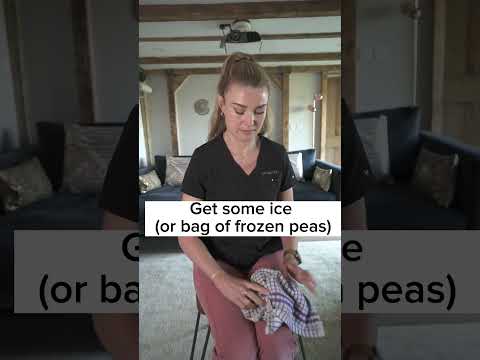
Wrapping it Up: Empowering Your Knowledge on Nosebleeds
In conclusion, while nose bleeds may feel like a nuisance, understanding their causes, risk factors, and management techniques arms you with knowledge. Remember, taking charge of your health is a critical aspect of achieving your fitness goals. Whether you’re in the gym crushing it or just kicking back, recognizing unusual patterns or persistent issues can lead to a more comfortable, proactive experience.
So, stay vigilant, hydrate, and don’t hesitate to reach out for medical help. Keep pushing towards your fitness targets, and let nothing hold you back — not even a nose bleed!
Nose Bleed Causes and What You Need to Know
Nose bleeds, although seemingly harmless, hold a plethora of intriguing trivia and facts. Did you know that around 60% of the population will experience at least one nose bleed in their lifetime? The reasons behind it can range from dry air to nose-picking or even as a side effect of certain medications. If you think of your nose as a bustling city, everything from pollution to traffic can cause minor disruptions. For example, dry environments—as common as a cold winter or frequent indoor heating—can lead to nasal membranes becoming inflamed, much like how we sometimes bump into friends in crowded places without realizing it, similar to a character like Sid The Sloth making his way through a busy jungle.
The Hidden Causes
Understanding the hidden causes of a nose bleed can be enlightening. For instance, did you know that altitude can also contribute to this annoying condition? As we ascend to higher elevations, the air pressure shifts, leading to dried-up nasal passages. It’s a bit like leveling up in a game, like Helldivers 1, where every new level comes with its own set of challenges. Additionally, health issues like a canker sore can be more than just a nuisance. They can indicate the overall health of your immune system, highlighting how interconnected our bodies really are. So, if you’re finding yourself with frequent nose bleeds, it might be time to pay attention to your overall well-being.
Fun Facts and Quick Tips
Here’s a fun tidbit: most nose bleeds happen in the winter, much like how students scramble for the best Blookets during exam season. This is because we tend to crank up the heat indoors, drying out the air, which can lead to that tell-tale drip. On the lighter side, the medical term for a nose bleed is epistaxis, which sounds as complicated as figuring out the ear diagram! While it can seem alarming, most nose bleeds are harmless and can often be managed at home with a few handy tips. Just remember, whether you’re battling a minor inconvenience or something more serious like cradle cap, understanding the ‘why’ can often take the fright out of the situation.



